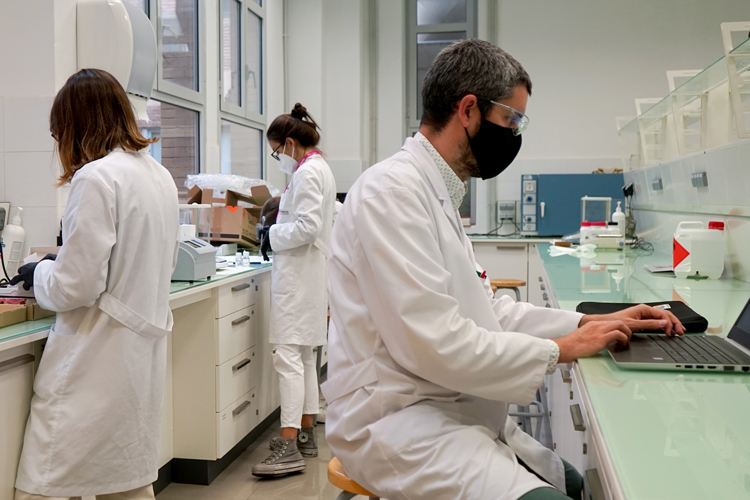We invite you to reflect on the reality of doctoral students, an essential part of the future that will contribute to the growth of our country, with scientific research, technological development and industrial innovation.

The life of a PhD student isn’t easy, but it’s a time that they’ll surely remember fondly as very positive, intense, and motivating, not only because they generally do it before they turn 30, but also due to everything involved in the life of a doctoral student, postgraduate student, or research professional in training. Call it what you will, but in the end it all adds up to combining a series of tasks which will lead the candidate to earning a university degree that will allow them to further develop their professional career as a university professor or as a researcher in research centres or in highly scientific and technological companies.
The current debate among doctoral students is essentially focused on two points. On the one hand, their need to find a way out of a precarious labour situation and, on the other hand, on the significant teaching tasks that make it difficult to balance their research work that must be done within a set time frame, in general three years, but which on specific occasions is or ends up being four years.
Although they are known as “doctoral students”, in reality it’s closer to having a full-time job than being a university student. They dedicate part of their time to supporting the university teaching staff, being hired as teachers’ assistants or collaborators with department heads, for example when graduate students lead laboratory work for undergraduate or master’s students. This way, they provide a service to the university while acquiring knowledge, experience, and skills in university settings at the same time.
Additionally, they dedicate part of their time to their own education in more cross-cutting skills or topics. These skills may be quite useful when they join the business world in the future, such as management and administration skills, teamwork, innovation, technology transfer, and so on.
Lastly, they must dedicate significant time and effort to their doctoral thesis in concrete. This activity requires time for reading, thinking, reflecting, posing hypotheses, performing experiments, evaluating results, rethinking the causes for why the results do not come out as expected, readjusting project time lines, specifying conclusions, writing and editing, publishing results, and establishing relationships with other research groups, among many other activities. It’s no walk in the park! We’ve all had our moments where we feel stuck, in crisis, stressed, and wondering if it’s all really worth the trouble.
In addition to all these issues there are the economic inequalities amongst the doctoral students themselves, based on the type of contract (or grant), employment length, and the corresponding salaries.
All this is part of the reality that these doctoral students currently experience, yet they are an essential part of the future who will contribute to Spain’s growth with scientific research, technological development, and industrial innovation.
For some students, this situation is nothing new. Surely we’ve all had the feeling that we’ve experienced this at other times, in other circumstances, and in very different settings, but in essence it’s déjà vu, something that has not changed much over time.
It’s worth reflecting on. What do you think?
Dr Núria Vallmitjana
IQS Tech Transfer Director










